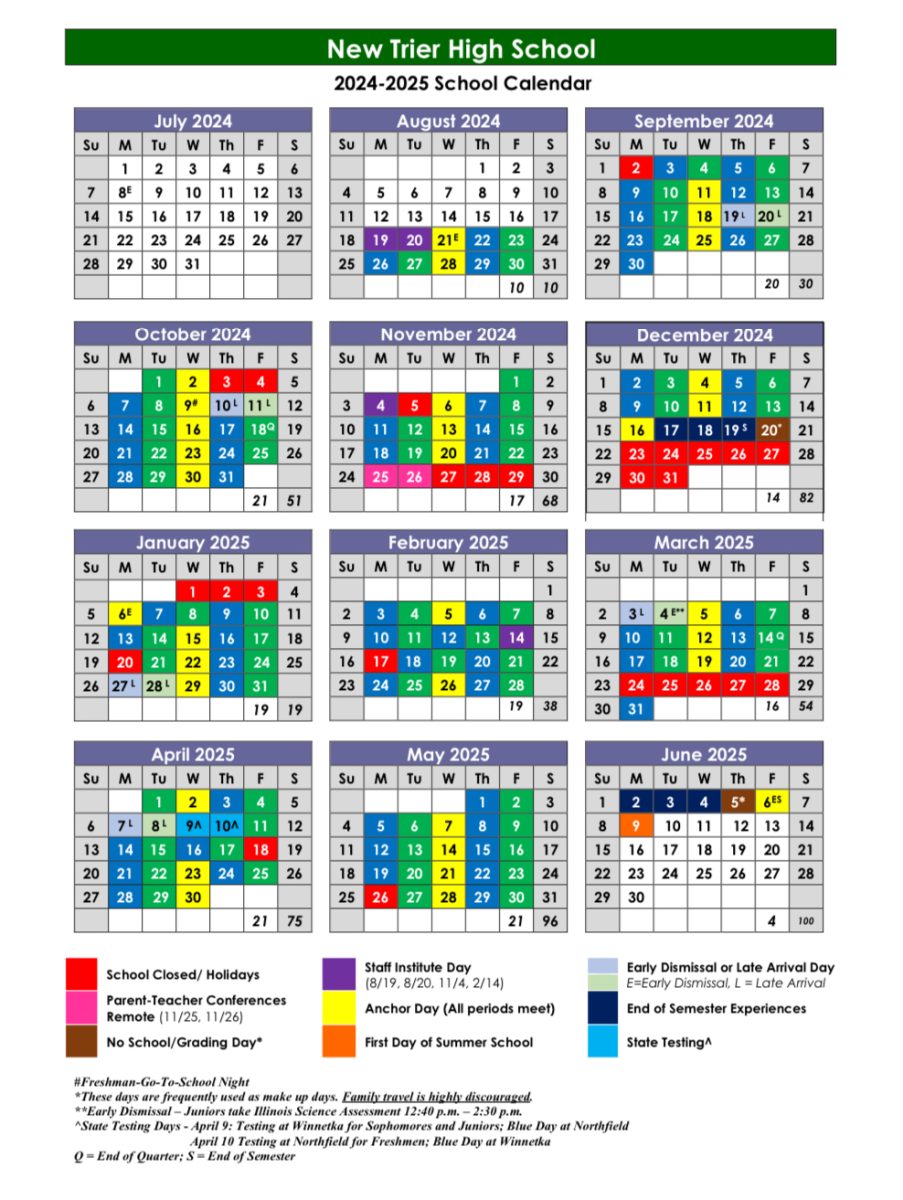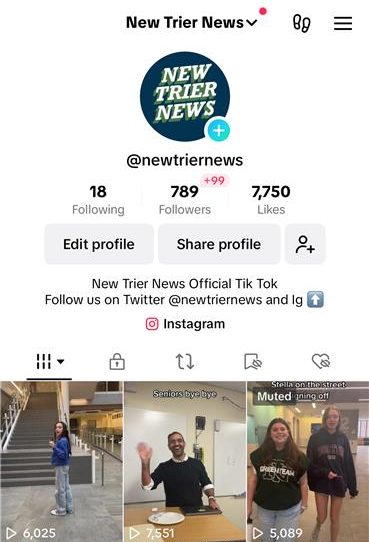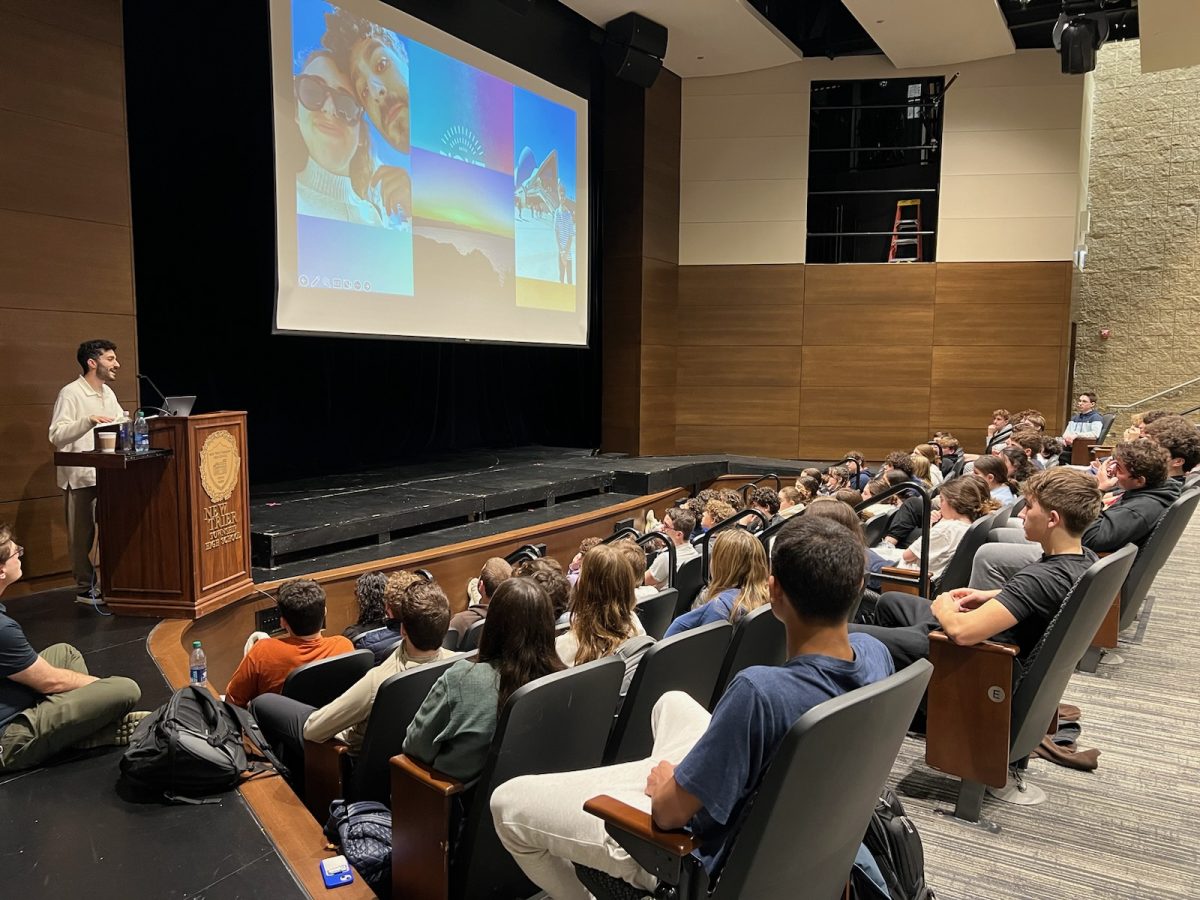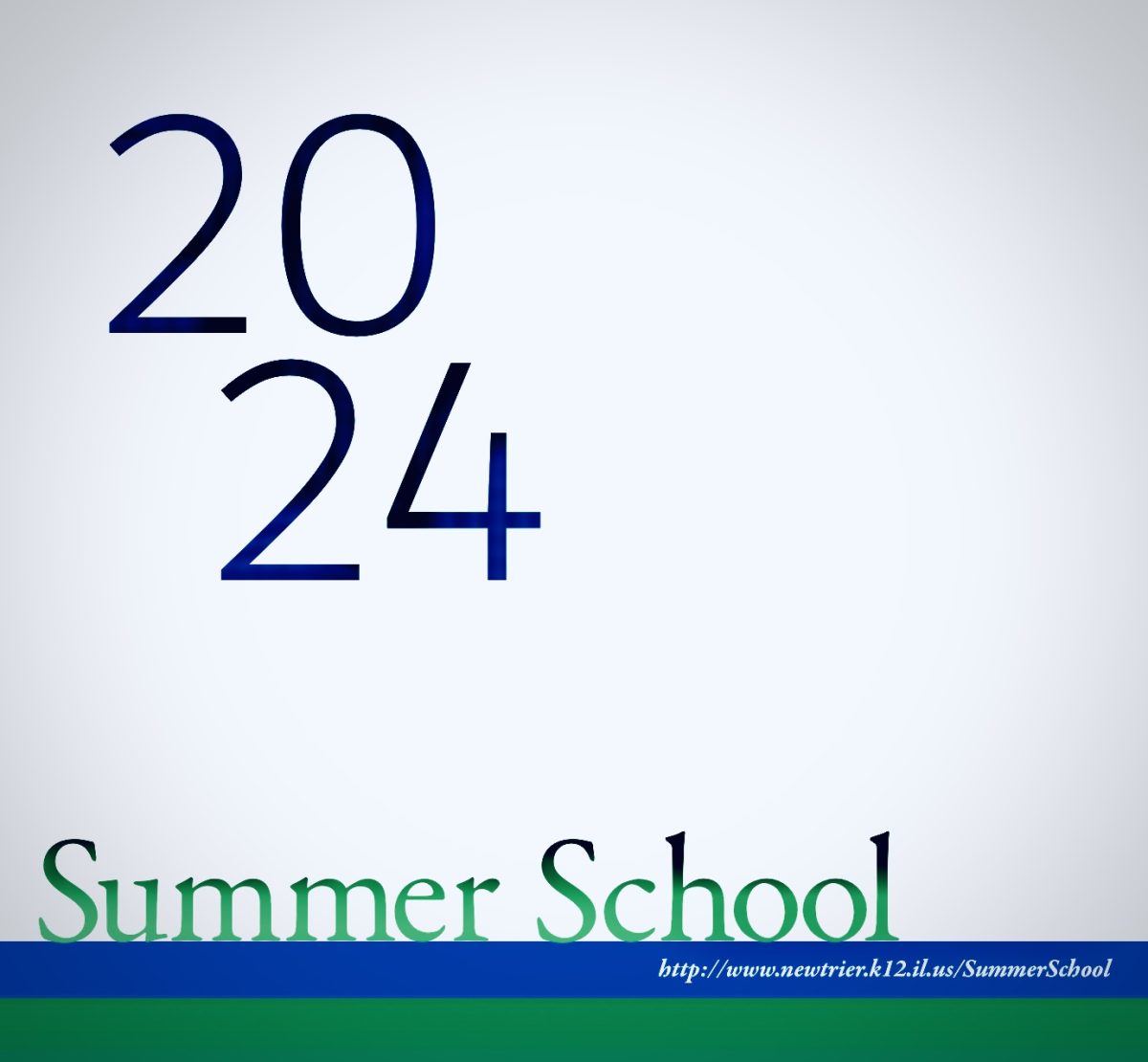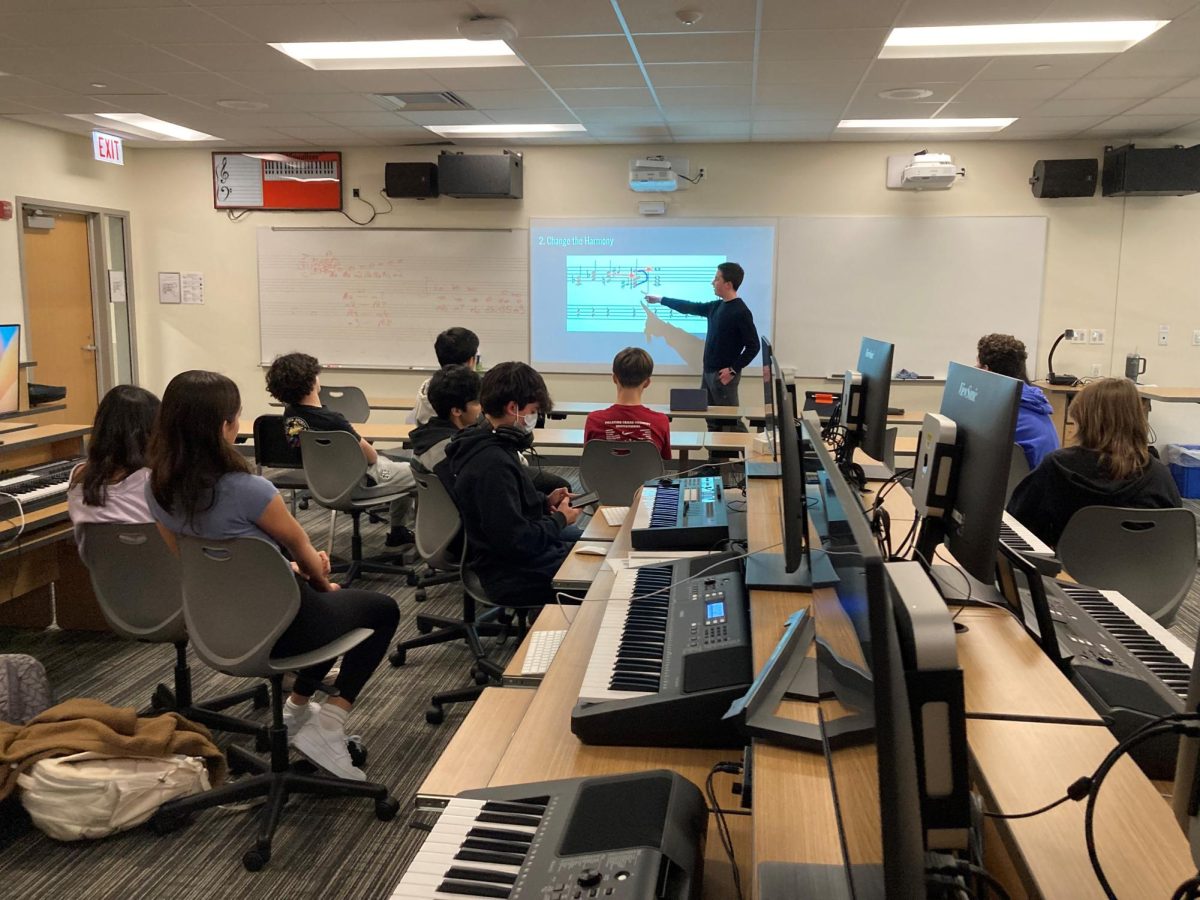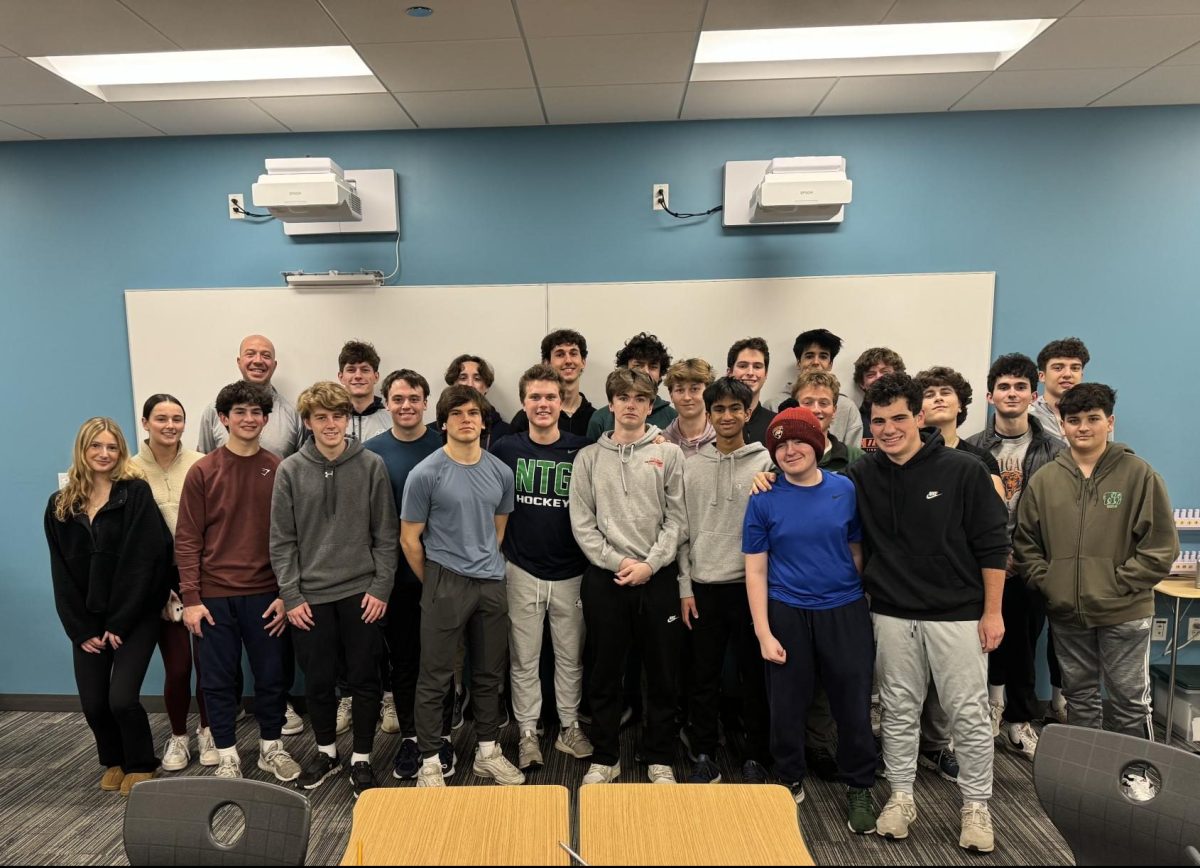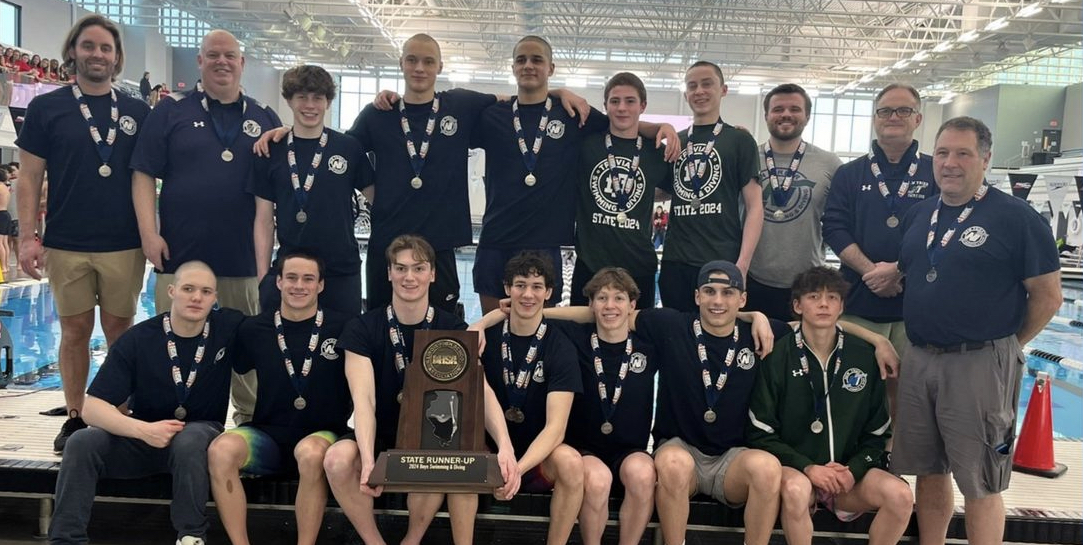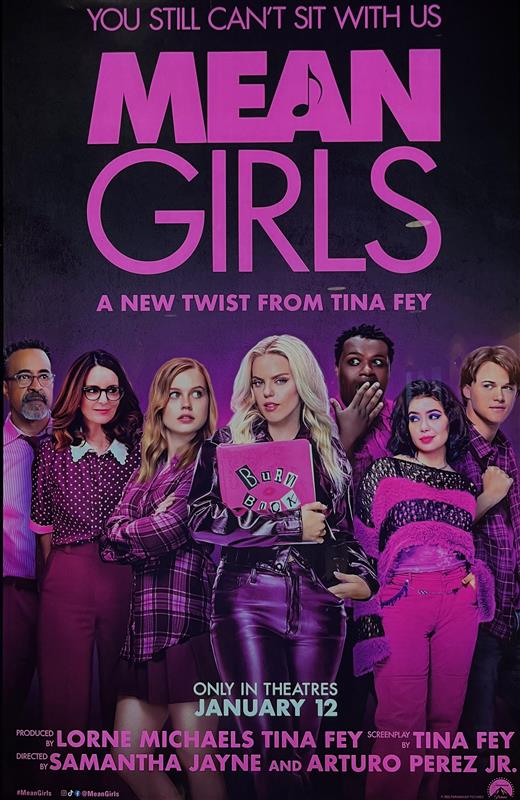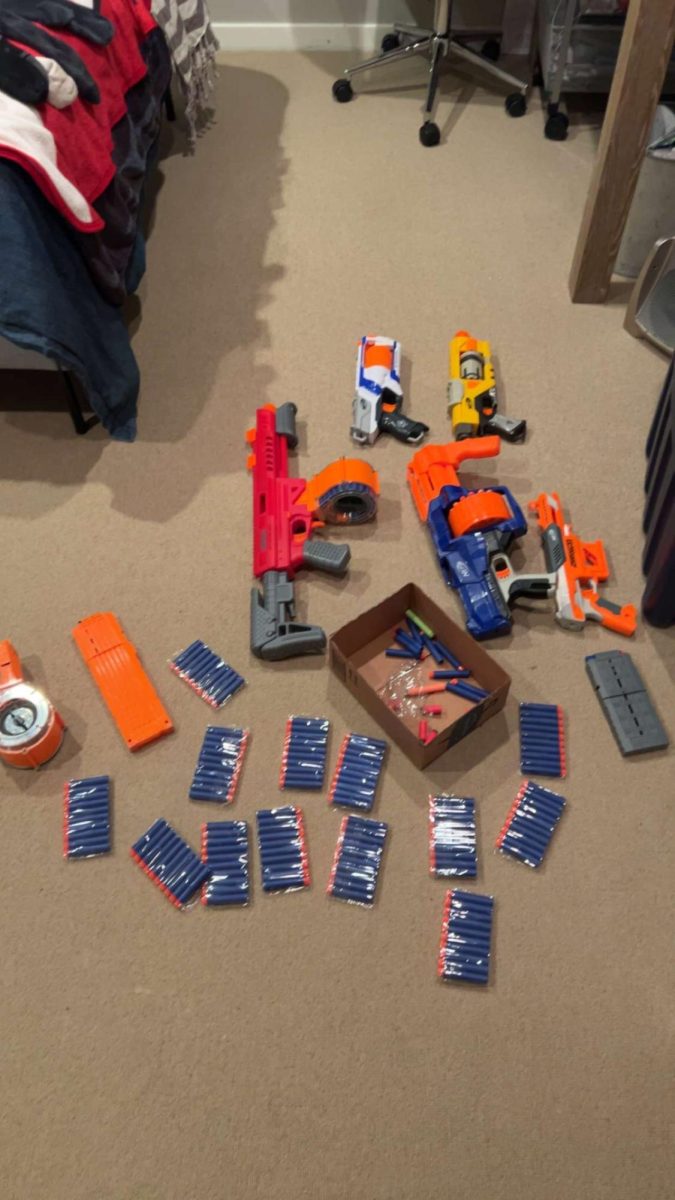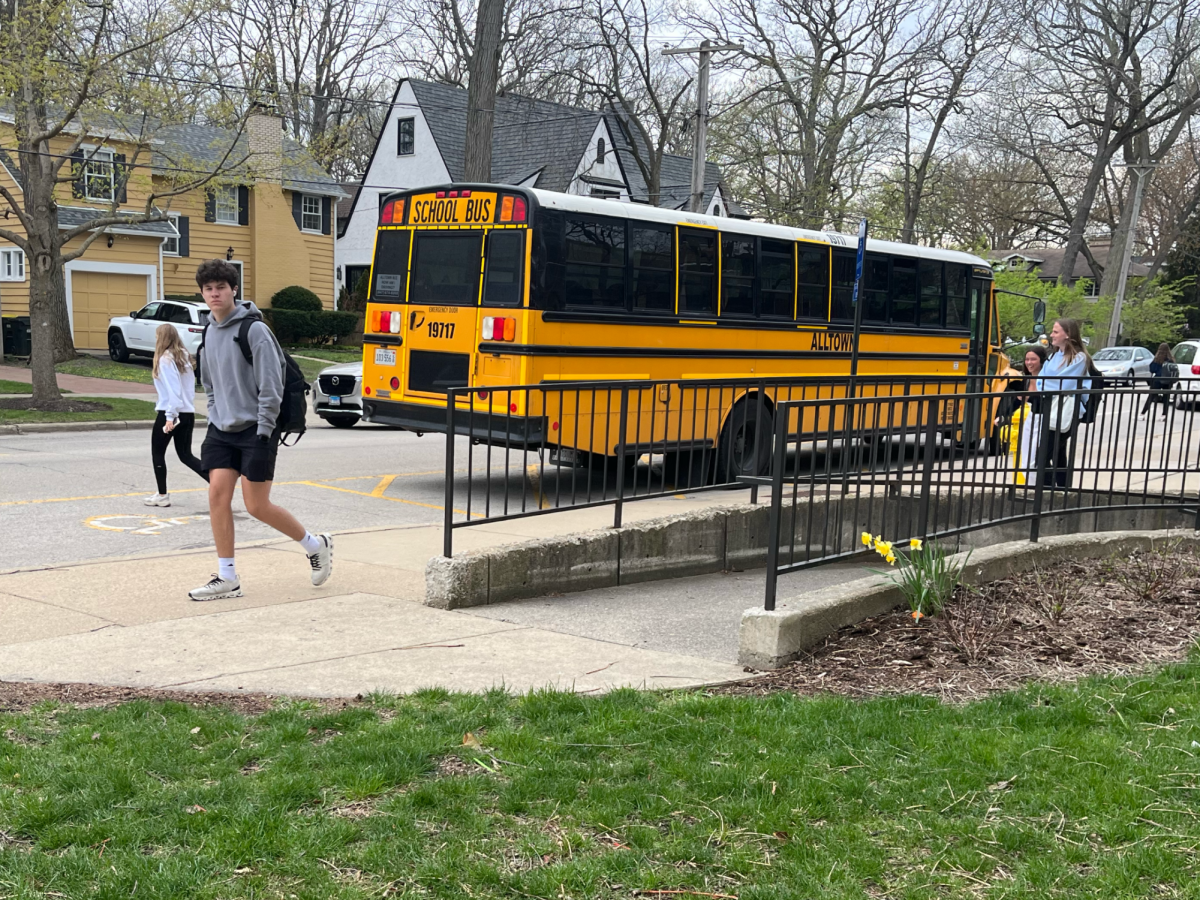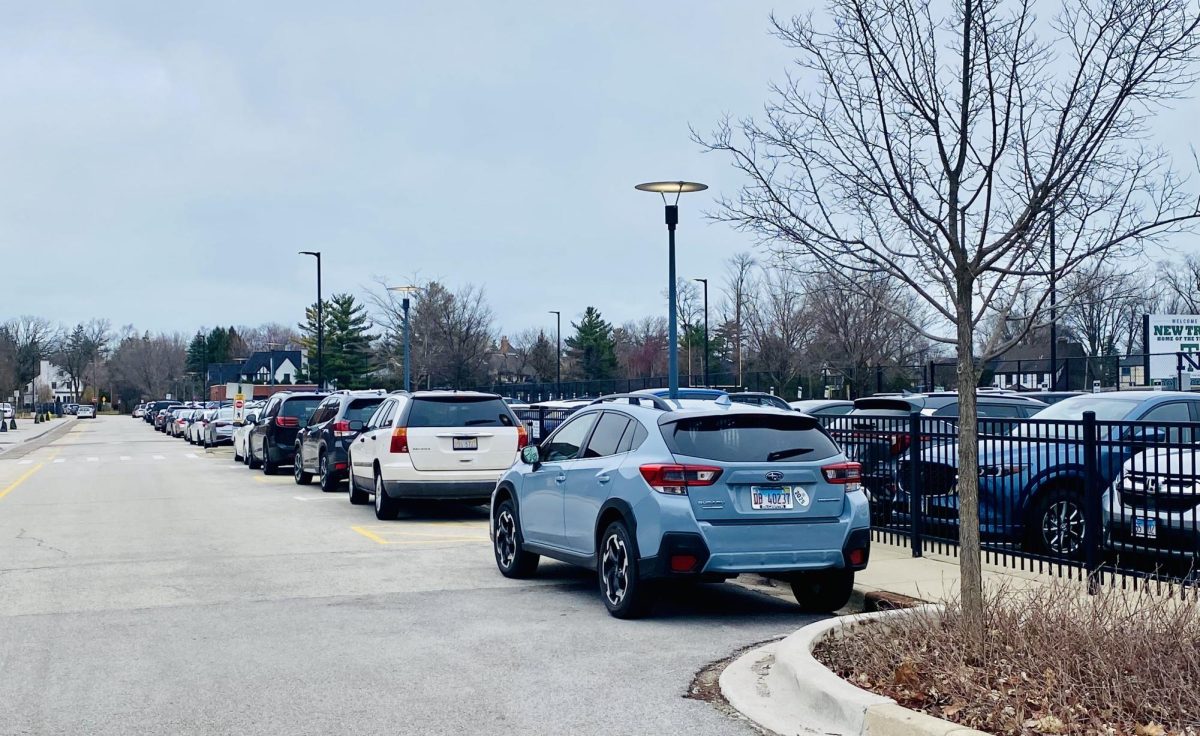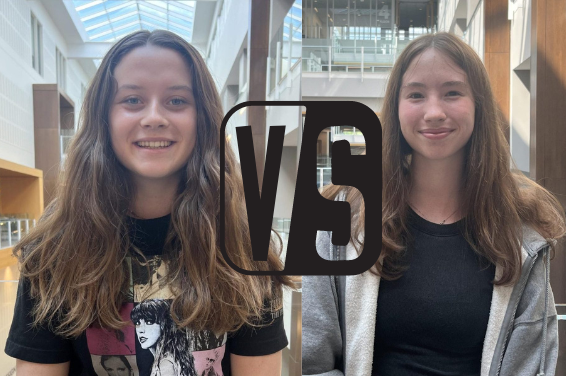At NT, the administration reserves the right monitor, search, and seize all student technology use. Kara Lucenti, a New Trier senior, said of the school’s Internet policy, “It’s really creepy that the school has that much power over what we do.” However, the school is required by CIPA, the Children’s Internet Protection Act (CIPA), to protect or filter Internet access to students.
The Federal Communications Commission (FCC) requires that, under CIPA, schools protect students from pictures that are, according to the FCC, “(a) obscene; (b) child pornography; or (c) harmful to minors (for computers that are accessed by minors).” The FCC also states that, “Schools subject to CIPA have two additional certification requirements: 1) their Internet safety policies must include monitoring the online activities of minors; and 2) as required by the Protecting Children in the 21st Century Act, they must provide for educating minors about appropriate online behavior.”
All schools are also required by CIPA to have an Internet safety policy that addresses safety and security for minors when they are using forms of electronic communication, such as email, prevents unlawful activities by minors online, like hacking, and restricts minors’ access to potentially harmful materials. Lucenti regarded this law as counterproductive. “They should tell us what’s wrong, and let us decide for ourselves. It’s confusing to say that they’re trying to teach us Internet safety when we don’t always know that they’re monitoring our use in the first place. Blocking a website doesn’t stop us from wanting to go on it, we’ll just go on it somewhere else,” she said.
Although CIPA does not require schools to also track the Internet use of their students, New Trier does. Christopher Johnson, the Director of Technology for New Trier, explained that the school uses a filtering device which monitors all Internet traffic on the network, whether that be personal devices such as cell phones connected to the network, or school devices such as iPads or laptops. “The device monitors content and keeps detailed logs. Sometimes we review these logs for security purposes or to look for general trends about device usage,” Johnson said. Serena Oakes, a New Trier senior, accepted that the school could track students’ Wi-Fi use. “I guess it makes sense that they can monitor it since you’re using their Wi-Fi,” she said. “If you want Wi-Fi, you have to give something up for that.”
When a student is suspected of violating school rules, the District can access anything a student has accessed on the network to pursue the case. “We have the ability to review files and other materials on devices within the school during an investigative process. Typically, we do not look at individual student activity unless directed to as a result of a discipline investigation initiated by the Adviser Chair and Assistant Principal,” Johnson said.
Evanston Township High School has a similar policy regarding Internet use. According to the school’s “Pilot,” a policy book much like New Trier’s Guidebook, “Users must recognize that there is no assurance of confidentiality with respect to access to files and/or transmissions by persons inside or outside of the district. Users should not expect that email or files stored or transmitted on district servers will be private. All such files and transmissions are district property. ETHS reserves the right to monitor and log technology use and to examine user files and actions as needed and at its discretion. Users cannot expect privacy as to their use of district technology,” it said.
Stevenson High School maintains a policy akin to Evanston’s. “The District reserves and retains the right to regulate the content of and links to the Information Services Systems. The District has the right to and does monitor the use of the Information Services Systems. Except as provided by federal and state statutes protecting the confidentiality of student’s records, no user of the Information Services System has an expectation of privacy in connection with such use,” is the policy written out in the school’s “Acceptable Use of Technology Form.”
Officer Walton, the police liaison for NT, elaborates on New Trier’s technology policy, which is described in detail on page 37 of the Student Guidebook in the section “Monitoring of Personal Use.” “Once you’re using the school’s Internet, whatever is transmitted over the school’s Internet, being through a social media site, pictures, or messages, that’s open to the school at any time,” said Officer Walton. “There’s no violation of rights, because you’re in a school environment, and the school officials are doing what they believe is best for you and the school and they’re keeping it safe, as well as myself.”
These policies don’t sit well with New Trier students, and they felt they hadn’t been adequately made aware of this policy. “They didn’t clearly inform us that this monitoring was happening,” Lucenti said. Junior Sarah Melulis had a similar opinion. “Well, I didn’t know that the school could do that. I think it should be more explicitly stated somewhere. I don’t think that many students know that and they have a right to know that the school can monitor what they are searching,” she said.
New Trier also has an analogous policy regarding student’s cell phones. However, students are made aware of the cell phone policy through the “Student Acknowledgement of School Policies,” a sheet students sign in advisory at the beginning of the year. There is no specific mention of the school’s adherence to the CIPA Internet policy on this sheet, leaving students to question just what the school is monitoring.
The sheet also states, “Students have no expectation of privacy in regard to personal devices brought onto school grounds.” Evanston Township High School also maintains that students should have no expectation of privacy when it comes to electronic devices.
This means students’ cell phones can be accessed at any time if the school has reasonable suspicion to believe a student is in violation of the Code of Conduct. According to Ms. Katherine Schindler, the Assistant Vice Principal for Student Services, “If there’s reasonable suspicion that we would find something, than we can look in your phone, just like we can look in your backpack.”
When these suspicions are regarding a criminal offense, the school often involves the police. “Depending on what we suspect is going on, we would involve the police and sometimes hand the phone over to the police, and that would be where it ends up,” Schindler said. Melulis felt conflicted over this policy. “I think that the school needs to protect students, but at the same time, it is free speech and I think they should need more than just reasonable suspicion,” she said.
Senior Natalie Boudos is not happy about the school’s cell phone policy. “It seems strange,” she said. “My expectation is that my phone is private.”
New Trier’s cell phone policy is not something students think about on a daily basis. Beyond the occasional, “Will I get a Saturday school if my teacher catches me?” when it goes off in class, worrying about what the school could do with your phone doesn’t cross most people’s minds. “I don’t ever think of the policy, but I don’t really use my phone for much during school,” Boudos said. Melulis also doesn’t think about the policy before using her phone. “I haven’t thought of the policy while using my phone in school,” she said. Senior Josh Stoller felt the same. “I don’t really think about it. Then again, most people don’t worry about speeding until they get a ticket,” he said.

